common vulcanization accelerators crow of liberia
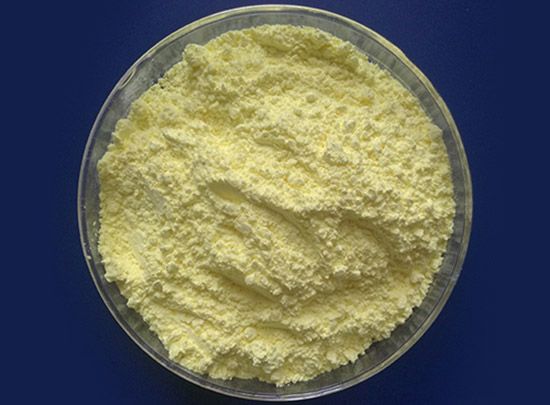
Common Vulcanization Accelerators - CROW
Common Accelerators for Sulfur Vulcanization. Secondary accelerators have a synergistic effect on cure, that is, they boost cure and increase the cross-link density. They are usually used at much lower concentration. The three most important classes of secondary accelerators are guanidines, thiurams, and dithiocarbamates.
Send Inquiry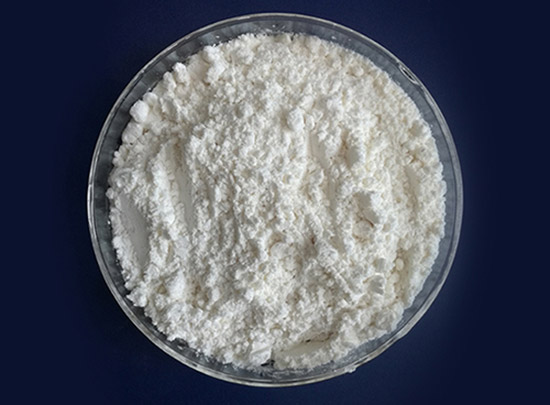
Vulcanization Accelerators - CROW
Accelerators for Sulfur Vulcanization of Rubbers. Common primary accelerators include thiazoles and sulfenamides whereas thioureas and dicarbamates can function as both primary and secondary accelerators. Very fast are thioureas and dicarbamates (see table above) and semi-fast are thiazoles whereas aldehydeamines and guanidines are rather slow.
Send Inquiry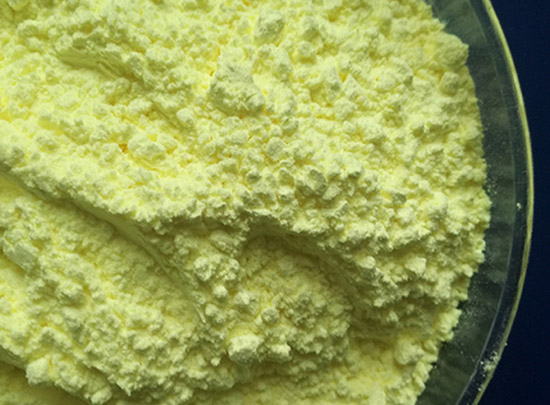
accelerator for rubber vulcanization
Vulcanization traditionally referred to the treatment of natural rubber with sulfur and this remains the most common example, however the term has also grown to include the hardening of other (synthetic) rubbers via various means. Examples include silicone rubber via room. Get Price; Vulcanization Accelerators CROW. Accelerators for Sulfur ...
Send Inquiry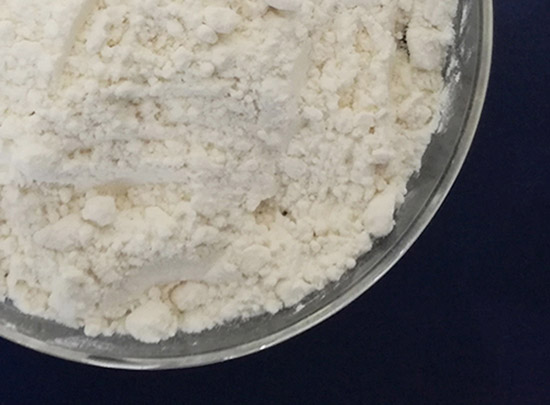
dpg d vulcanizing accelerator in Middle East | rubber
Vulcanization Accelerators - CROW. Vulcanization Accelerator. is a compound that increases the speed of vulcanization and that enables vulcanization to proceed at lower temperature and with greater efficiency. Vulcanization accelerators can be classified as primary and secondary accelerators. Important primary accelerators include thiazoles and sulfenamides.
Send Inquiry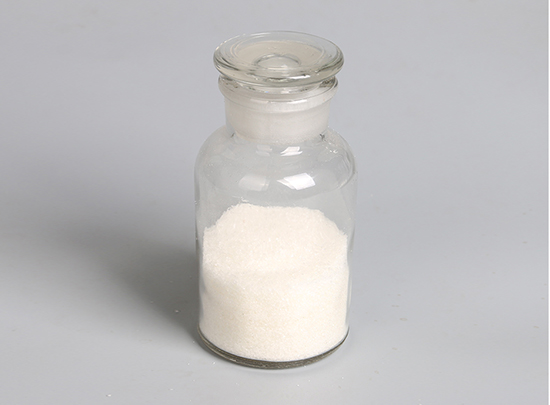
Thiourea Supplier and Distributor - Covalent Chemical
Thiourea is a reagent in organic synthesis. It is mainly consumed as a precursor to thiourea dioxide, which is a common reducing agent in textile processing. Other industrial uses of thiourea include production of flame retardant resins, and vulcanization accelerators.
Send Inquiry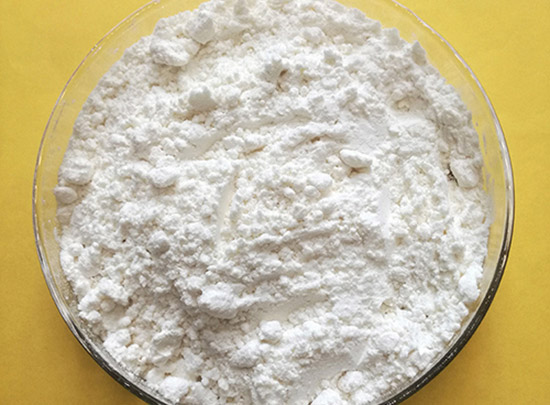
Vulcanization of elastomers
Definition of vulcanizing agents; Common industrial agents and oxides; Types of rubber vulcanization chemicals; Definition of accelerators and activators; Studies on action of chemicals on natural rubber compound.
Send Inquiry
Classes of Polymeric Materials Elastomers
Liberia, and the Congo. – The sap is an emulsion containing 40% water & 60% rubber particles • Vulcanization occurs with the addition of sulfur (4%). – Sulfur produces cross-links to make the rubber stiffer and harder. – The cross-linkages reduce the slippage between chains and results in higher elasticity.
Send InquiryCatalysts and Initiators Information - GlobalSpec
Homogeneous vs. Heterogeneous. The mechanism of this type of catalysis largely depends on the reactants and catalysts present in the reaction. A common example of homogeneous catalysis is the destruction of the atmospheric ozone layer; in this reaction, both the reactants and the free radical catalyst are gases.
Send Inquiry75-15-0 - Carbon disulfide, ACS, 99.9+% - 39785 - Alfa Aesar
It is used in the manufacture of xanthates. It is also used as a reaction agent for the production of rubber vulcanization. accelerators and soil sterilizers. It is an effective solvent for oils, waxes, sulfur and sulfur compounds. Carbon disulfide and carbon dioxide acts as resources for functional polymers.
Send Inquiry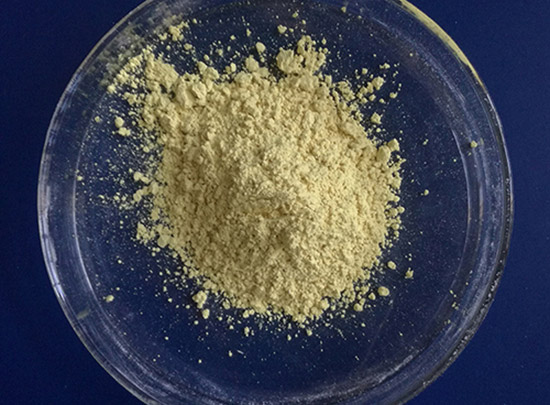
Sterilization of medical devices | IBA Industrial
eXelis ® X-ray sterilization. X-rays offer unmatched sterilization quality with reduced overdosing compared with any other radiation technology. High power X-rays are also the ideal alternative to gamma sterilization. Excellent Dose Uniformity typically of 1.3.
Send Inquiry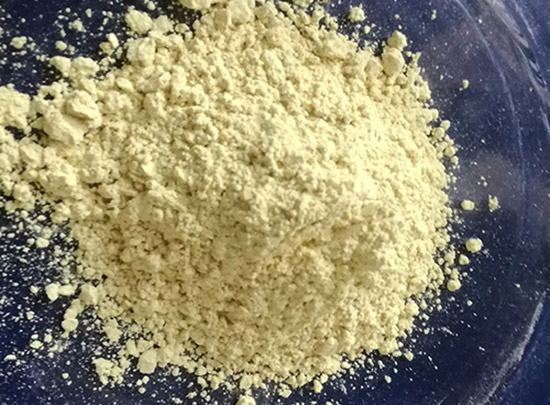
Common Vulcanization Accelerators - CROW
Common Accelerators for Sulfur Vulcanization. Secondary accelerators have a synergistic effect on cure, that is, they boost cure and increase the cross-link density. They are usually used at much lower concentration. The three most important classes of secondary accelerators are guanidines, thiurams, and dithiocarbamates.
Send Inquiry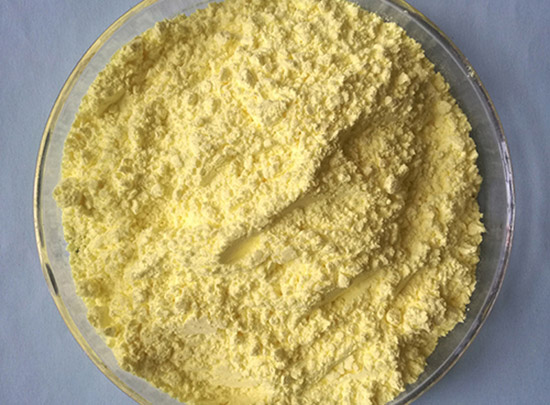
Vulcanization Accelerators - CROW
Accelerators for Sulfur Vulcanization of Rubbers. Common primary accelerators include thiazoles and sulfenamides whereas thioureas and dicarbamates can function as both primary and secondary accelerators. Very fast are thioureas and dicarbamates (see table above) and semi-fast are thiazoles whereas aldehydeamines and guanidines are rather slow.
Send Inquiryaccelerator for rubber vulcanization
Vulcanization traditionally referred to the treatment of natural rubber with sulfur and this remains the most common example, however the term has also grown to include the hardening of other (synthetic) rubbers via various means. Examples include silicone rubber via room. Get Price; Vulcanization Accelerators CROW. Accelerators for Sulfur
Send Inquiry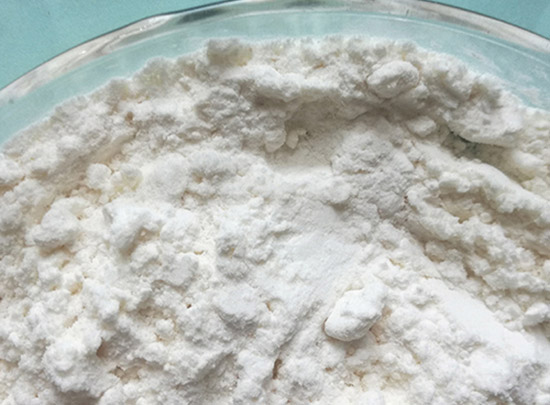
dpg d vulcanizing accelerator in Middle East | rubber
Vulcanization Accelerators - CROW. Vulcanization Accelerator. is a compound that increases the speed of vulcanization and that enables vulcanization to proceed at lower temperature and with greater efficiency. Vulcanization accelerators can be classified as primary and secondary accelerators. Important primary accelerators include thiazoles and sulfenamides.
Send Inquiry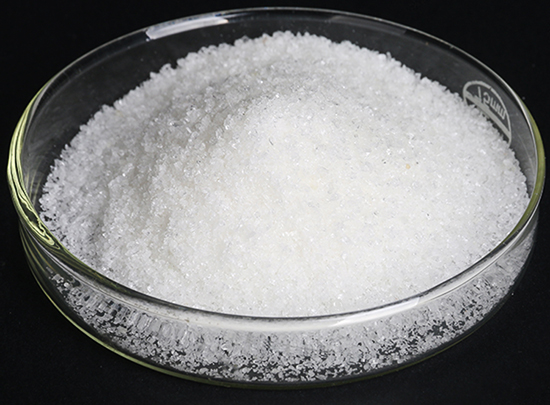
Vulcanization
Vulcanization of polychloroprene. Most conventionally used accelerators are problematic when CR rubbers are cured and the most important accelerant has been found to be ethylene thiourea (ETU), which, although being an excellent and proven accelerator for polychloroprene, has been classified as reprotoxic.
Send Inquiry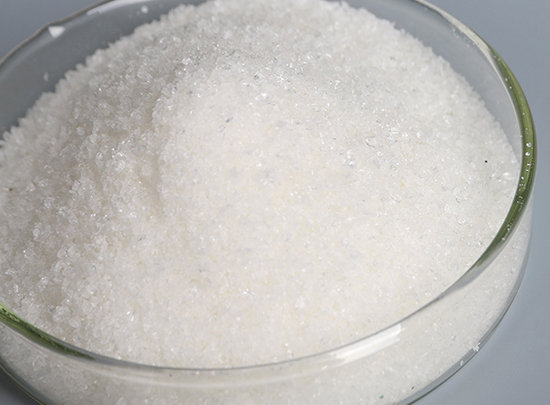
Vulcanization of elastomers
Definition of vulcanizing agents; Common industrial agents and oxides; Types of rubber vulcanization chemicals; Definition of accelerators and activators; Studies on action of chemicals on natural rubber compound.
Send InquiryAccelerator | rubber manufacturing | Britannica
Accelerator. The use of alkaline compounds of metals as vulcanization accelerators was cited in the original patent of the vulcanization process, granted to Charles Goodyear in 1844; magnesium oxide, zinc oxide, and basic lead carbonate were used until early in the 20th century, when the superiority of aniline, an organic compound, was discovered.
Send InquirySULFUR VULCANIZATION OF NATURAL RUBBER FOR BENZOTHIAZOLE
The chemistry of accelerated sulfur vulcanization is reviewed and a fundamental kinetic model for the vulcaniza-tion process is developed. The vulcanization of natural rubber by the benzothiazolesulfenamide class of accelerators is studied, where 2-(morpholinothio) benzothiazole (MBS) has been chosen as the representative accelerator. The reaction
Send Inquiry